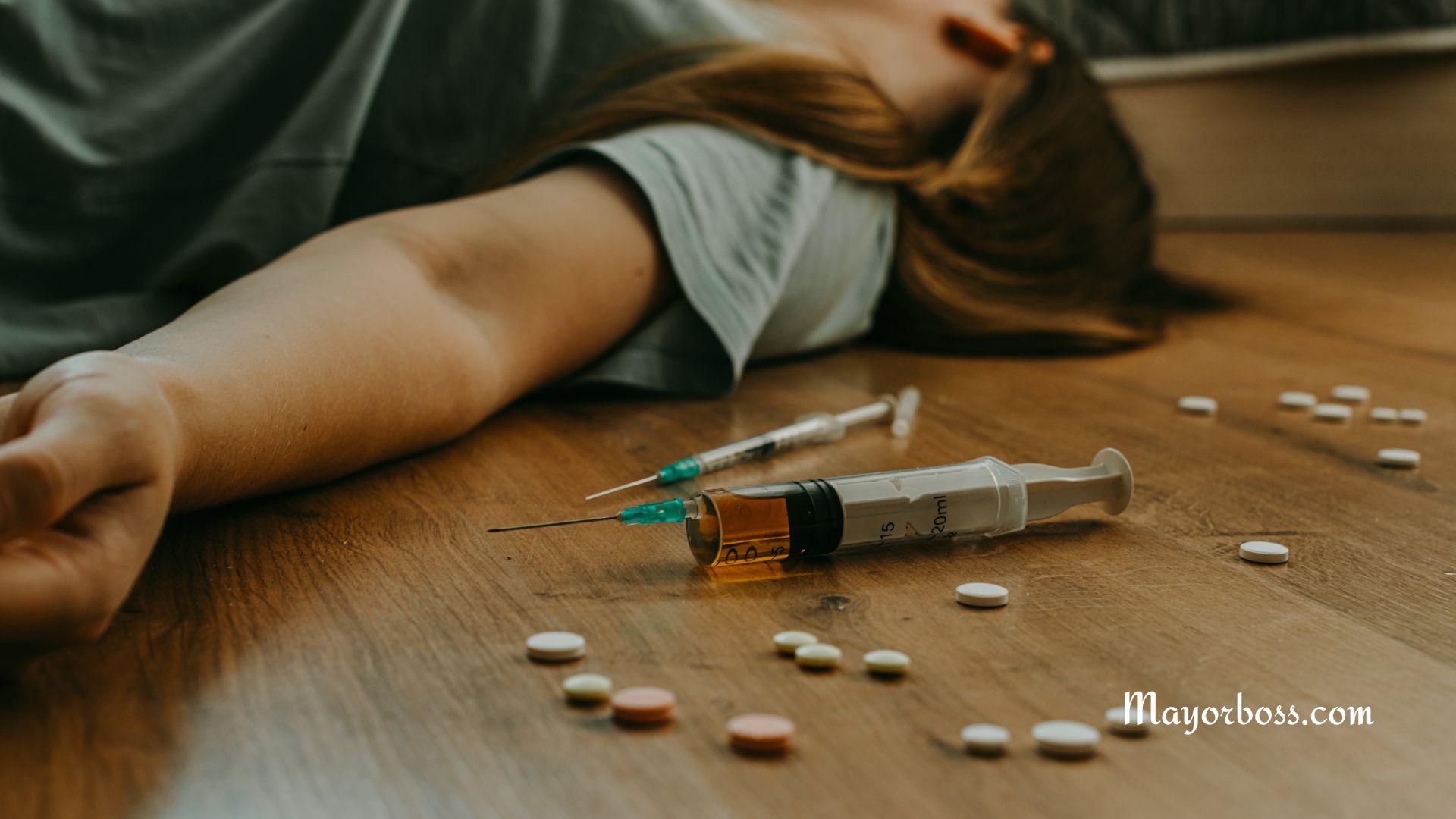4 Signs of Fentanyl Overdose
Fentanyl overdose is a critical medical emergency that occurs when someone takes too much of the potent opioid drug. The warning signs often involve severe respiratory depression, altered mental state, and pin-sized pupils. Immediate medical attention is crucial to prevent life-threatening complications.
What is Fentanyl?
Fentanyl is a synthetic opioid that is 50 to 100 times more potent than morphine. It’s primarily used in a medical setting for pain relief, especially after surgery. However, its high potency also makes it a risky substance for abuse and accidental overdose.

According to data from the Centers for Disease Control and Prevention, over 150 people die daily from overdoses related to synthetic opioids like fentanyl.
What are the Early Signs of a Fentanyl Overdose?
1. Slowed Breathing
One of the most alarming signs of a fentanyl overdose is slowed or shallow breathing. This occurs because fentanyl has a powerful impact on the respiratory centers in your brain.
2. Pinpoint Pupils
Your pupils become extremely small, often described as “pinpoint.” This change is an indicator that your nervous system is severely depressed.
3. Altered Mental State
You may notice confusion or an inability to focus. Sometimes, the person might lose consciousness or fall into a deep sleep from which they can’t be easily awakened.
4. Pale or Blueish Skin
Lack of oxygen in your body can make your skin look pale or even blueish, particularly around the lips and fingertips.
Why is Immediate Attention Important?
Risk of Respiratory Failure
In severe cases, the overdose can cause respiratory failure. This is where your lungs fail to provide your organs with enough oxygen, and it’s the most common cause of death in opioid overdoses.
Hypoxia and Brain Damage
Lack of oxygen can also lead to hypoxia, a condition that can cause irreversible brain damage if not treated promptly.
Other Organ Failures
Without sufficient oxygen and blood flow, other critical organs, like your heart and kidneys, can also fail.
How to Respond to a Fentanyl Overdose?
Call 911 Immediately
If you suspect someone is experiencing a fentanyl overdose, call for emergency medical help immediately.
Administer Naloxone if Available
Naloxone is a medication that can reverse an opioid overdose. If available, it should be administered as soon as possible while waiting for medical professionals to arrive. According to the National Institute on Drug Abuse (NIDA), the administration of Naloxone within the first few minutes can significantly improve survival rates.
Keep the Person Awake
If the person is conscious, try to keep them awake and breathing by talking to them and encouraging them to take deep breaths.
Turn Them Onto Their Side
This position can help prevent choking in case the person vomits.
Frequently Asked Questions
What Makes Fentanyl More Dangerous Than Other Opioids?
Fentanyl stands out for its extreme potency, being 50 to 100 times more potent than morphine. This high potency increases the risk of overdose, especially when taken without medical supervision or mixed with other substances like alcohol or benzodiazepines. Additionally, because it’s synthetic, fentanyl can be easier to produce illicitly, making it more accessible and often more deadly.
Can You Survive a Fentanyl Overdose?
Survival is possible, but immediate medical intervention is crucial. The administration of Naloxone, an opioid antagonist, can reverse the effects of a fentanyl overdose if given promptly. However, due to fentanyl’s high potency, multiple doses of Naloxone may be required. Therefore, even if Naloxone is administered, you should still seek emergency medical care immediately.
What Should I Do If I Find Someone Unresponsive and Suspect a Fentanyl Overdose?
Call 911 right away. While waiting for help to arrive, administer Naloxone if it’s available. Try to keep the person awake and breathing by speaking to them and prompting them to take deep breaths. If possible, turn the person onto their side to prevent choking in case they vomit. Quick action is vital to increase the chances of survival.
Are There Long-term Effects After Surviving a Fentanyl Overdose?
Surviving a fentanyl overdose can have various long-term effects, depending on how long the brain and other organs were deprived of oxygen. Hypoxia, or low oxygen levels, can lead to long-term neurological issues and organ damage. Research suggests that prompt medical treatment can minimize these long-term effects, but each case is unique.
How Can Fentanyl Overdose Be Prevented?
Prevention starts with proper medical guidance when using fentanyl for pain management. Always follow your healthcare provider’s instructions and never take more than the prescribed dose. Be aware that mixing fentanyl with other substances, like alcohol or benzodiazepines, dramatically increases the risk of overdose. If you or someone you know is struggling with opioid use, seek professional help to manage the addiction safely.






